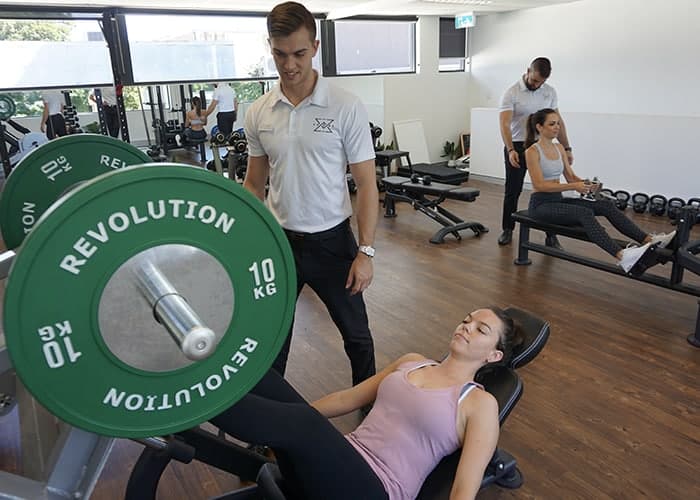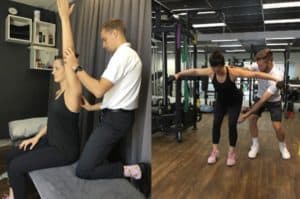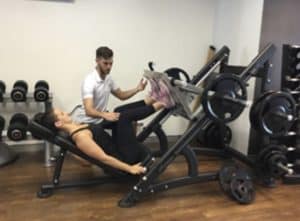How is Exercise Physiology different to Physiotherapy? 
Working at Forge where we offer both services, this is one of the questions I get asked most, by both patients and physicians. What’s The difference? In truth, there are probably more similarities than differences.
Both Exercise Physiologists and Physiotherapists are university qualified allied health professionals with a comprehensive understanding of human anatomy and physiology. Both see a range of patients including:
- General/Athletic populations
- Paediatrics & Geriatrics
- Men’s & Womens Health
- Orthopaedic & Musculoskeletal pain/injuries
- Neuroloigical, Cardiac & respiratory
Both use Evidence Based Practice to design and deliver treatments to their patients. Treatments for both include specific exercise therapy, load management, stretching and motor control exercises.
Physiotherapists have an additional focus on learning manual assessment and treatment techniques. As such, they are often preferred for more acute injuries where assessment or manual therapies are required to accurately diagnose, reduce pain, increase movement and begin a simple exercise program. Exercise Physiologists undertake additional training on the use of functional movement and strength assessments, and have extensive skills in the design and delivery of exercise programs. This puts them in an ideal position for working with patients with chronic disease and injury.
So who should I see? A Physio or an EP?
Generally speaking, if you have a recent injury or pain, or a longstanding condition that has not been assessed, then a physiotherapist is the best person for you to see for an assessment and treatment plan. A physiotherapist is also typically best if you need any hands on treatment or if range of movement is your primary concern. If the condition is chronic or your primary goal is cardiovascular fitness, strength or general health, then an exercise physiologist is likely to be the clinician of choice.
Forge West End
Of course, this is a generalised statement. One of our physiotherapists, Chris Hitchins, has a special interest in late stage rehab/performance while Exercise Physiologist, Mitch Casey, has a special interest in seeing patients both before and after knee surgery! Sometimes the ebst treatment team will involve a combination of exercise physiology and physiotherapy. If you don’t know where to start, call our admin team who will be happy to help you out and direct you to the clinician who is most suitable for you!

Written by Chris Hitchens – Physiotherapist and Exercise Scientist at Forge West End
Comments are closed.



